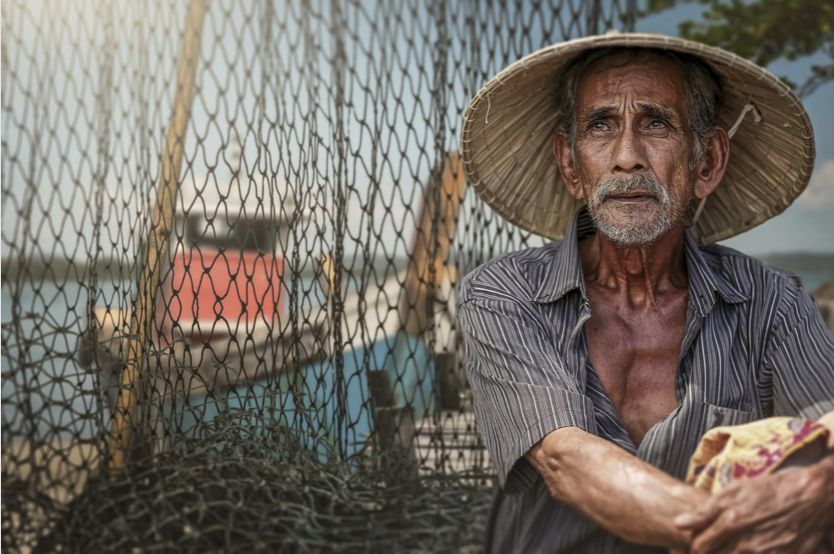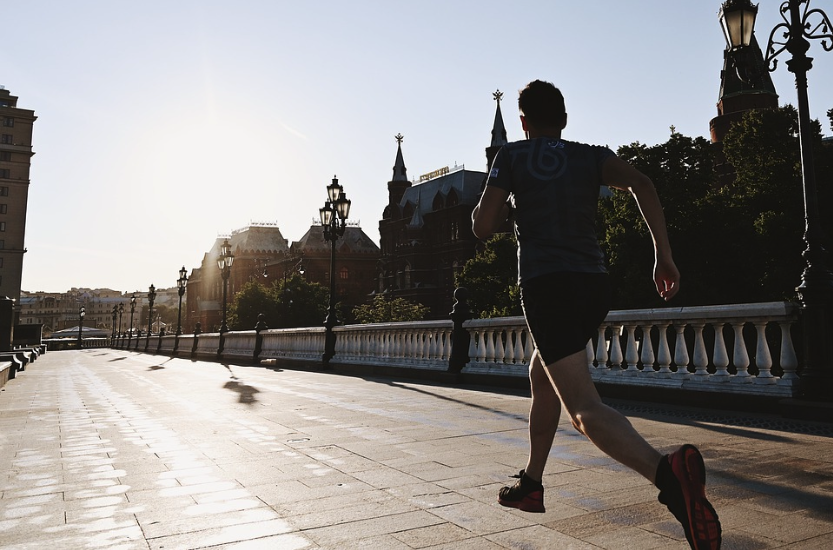
There’s an old joke about a man at his friend’s 50th birthday asking, “how does it feel now that you’re getting older?” The man thinks for a minute and responds, “well, it sure beats the alternative.”
Getting older in our culture is sometimes treated as a curse. The pop stars seem like they are always in their 20s. When we’re younger, they are the beautiful icons. Then as we get into our 20s, they are our more successful peers. Then we get into our 30s and we see them begin to fade as new names rise and replace them. That can be a bit sad.
Then we get into our 40s and our favorite music from our youth begins to be played on the “classic rock” channel and our teenage clothing style begins to be called “vintage” or “retro.” Ouch.
Indeed, this getting old does beat the alternative. But it comes with constant reminders that if we ever were cool, we aren’t anymore. What are we to do with this knowledge and experience of aging?
The pros and cons of aging
Clearly, there are a lot of things I prefer about being 17 or 25 to my current 41 years of age. I was skinnier then and bounced back from tough days, whether they were days chopping wood, staying up late doing homework, or out partying with friends.
However, there is much that I have now I wouldn’t want to give up. With age comes perspective. When I was younger, any “high” in life felt like the biggest thing in the world. And any “low” felt devastating. I suffered bouts of depression. I wasted time with people who didn’t have my best interests in mind. And I found myself going in many different directions at once.
Developing good habits

One of the best things we can do now to prepare for a happy, long life is to develop good habits. Looking at where we are now, we can see that some things from our past have given us strength. What are these?
For me, two things stand out: study and meditation/mindfulness. I devoted much of my 20s to academia. I had hoped that this would lead me into a nice university teaching job, and I did work as a professor a couple of times, but in the end that didn’t work out. While I lost that particular career, I didn’t lose my skills as a researcher and writer. I just had to find ways to translate these into a new job.
I also took up meditation in my early 20s, at first out of fascination with Buddhists like Thich Nhat Hanh and the Dalai Lama. But soon I felt it having a strong effect in my life, helping to buoy me as I worked through depression. Soon, I was teaching mindfulness to fellow students, first in Montana and then in England where I went for graduate school.
I also took up running. I remember a doctor giving me a physical around the age of 15 and saying, “you’ll never run long distances,” after looking at my flat feet. Soon after that, I made a point of joining my older sister in her cross-country runs, slowly building up to 5-10 miles at a time. In my late 20s I decided to run a half-marathon and then a full one, which I did at the age of 29.
Running a marathon might have little intrinsic value. In fact, medically, running that far is very hard on your body. But it showed me that with enough effort and determination, I could accomplish a lot.
Friendships
In the late 1930s, researchers at Harvard Medical School began a revolutionary study. They signed up a bunch of young men and followed them through their entire life. This study, sometimes called the Harvard study of adult development, because it followed these men across time—going for over 80 years now—has offered amazing information for how we can live a longer, happier life.
We can see from the data that the number one factor for health and happiness was: good relationships.
The key takeaways from the study are threefold. First, social connections build resilience and health over the long run while loneliness is a huge factor in mental and physical decline. Whether you are a social butterfly or an introvert, we all can feel lonely at times. The sooner we find ways to reduce this in our lives, the better.
Second, it’s not the number of relationships that matters, but their quality. Recent studies have even found that hanging around difficult friends and family is even harder on our cardiovascular system than being around people we openly dislike. So, if you can repair bad relationships: do. But if not, it’s okay to walk away and in fact could lead to a happier life overall for both of you.
Third, researchers found that those good relationships also protect and promote mental health. Being around good, understanding friends and loved-ones not only calms the heart and lowers stress, but it opens up creative and stimulating conversations. It literally strengthens our brain, something that is so important as we age.
Living well is often not what we thought
As we can see, wealth, fame, and glamor didn’t make the list of important things for a long, healthy life. Nonetheless, these are the things our culture privileges. And these are the things we often chase after when we’re young.
If there’s one thing you can do now, no matter what your age, to ensure a happier, longer life, it will be to think about and work on ways to reorient your life around good people and good habits and away from fascinations with materialism and pop culture. Not that a little bling and entertainment isn’t okay, just keep it in moderation.
 Justin Whitaker, Ph.D., holds a doctorate in Buddhist ethics from the University of London. He has given lectures, and taught Buddhist studies and Philosophy at Oxford University, the University of Hong Kong, the University of Montana, and at Antioch University’s intensive study-abroad program in India. A certified meditation teacher, he is a regular contributor to Patheos.com, and Senior Correspondent for Buddhistdoor Global. He lives in Missoula with his family.
Justin Whitaker, Ph.D., holds a doctorate in Buddhist ethics from the University of London. He has given lectures, and taught Buddhist studies and Philosophy at Oxford University, the University of Hong Kong, the University of Montana, and at Antioch University’s intensive study-abroad program in India. A certified meditation teacher, he is a regular contributor to Patheos.com, and Senior Correspondent for Buddhistdoor Global. He lives in Missoula with his family.
